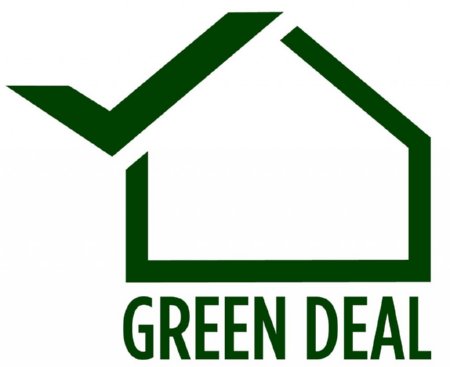Green Deal failure means Government must act to cut energy consumption
Written by Mark Sait
Posted on January 22, 2014
The UK Green Deal failure – only 626 contracts completed in its first year – means the Government must act decisively to cut energy consumption.
Pressures from all sides have fashioned a large pin to prick the Coalition’s overblown regard for its energy saving initiatives; a welcome deflation, given woeful performance on an astonishing scale.
The Green Deal was trumpeted by the Government as a main element in its sustainability strategy for the country, promising to support and encourage households to cut energy and water consumption through a range of energy efficiency options.
It’s true that we can add 986 homes with deals in progress to the 626 Green Deal successes but 1,612 is not a total to crow about, and exasperatingly short of the 10,000 target set 12 months ago.
We do not have time to shuffle around lethargically at the edges of sustainable energy strategy. The terrain is too important for long-term growth and quality of life to be effectively ignored.
That’s why the UK Green Building Council (UKGBC) has advised the Government to underwrite Green Deal loans with the aim of reducing the scheme’s interest rate so driving adoption.
The UKGBC report says that the Green Deal interest rate, now between 8% and 10%, should be subsidised or underwritten by the Government to prompt a rate reduction.
UKGBC reasoning seems sound – a lower interest rate would mean that more energy efficiency plans could be carried through in many more homes because currently the Green Deal insists that any measures, including finance costs, must not exceed savings on bills over the duration of the loan.
LED lighting
The Green Deal also has a big problem with energy-efficient lighting for domestic properties (although not for commercial buildings). For reasons that I find pretty insubstantial, the Government will not include this highly cost effective element. Our research indicates that return on investment in LED lighting would be rapid, by lowering energy consumption and bills.
Another big strand of national energy strategy, the Energy Company Obligation (ECO) appears to be stuttering. Measures installed through ECO rose 14% during November to 82,131, and the total number of upgrades completed is now 461,726.
According to James Murray at BusinessGreen, the figures confirmed the number of subsidised energy efficiency upgrades remain well below the historic highs achieved by the insulation industry in previous years.
We have to wait for December’s figures before seeing what effect the decision to change the parameters of the ECO scheme will have but we would not be surprised if there is a significant negative effect.
At SaveMoneyCutCarbon, we have campaigned over the past year for an effective national programme that helps householders and companies to Cut Consumption, Cut Bills, Cut Carbon footprint.
So we heartily endorse Paul King, chief executive of the UKGBC when he states: “Government must recognise energy efficiency as a national infrastructure priority and be prepared to delve into its purse to make its flagship policy more appealing through stronger incentives and more attractive finance options.”
Such a national initiative would help to relieve the pressures mentioned earlier, including the need to take the strain off the National Grid, which will continue to struggle with demand while energy production capacity shrinks, the continued price rises for electricity and gas, and the need for carbon emission reductions.
Electricity prices
The Financial Times reports that Britain’s industrial electricity prices in the region are more than double those in the US and 20% higher than China’s, while industrial gas prices are three to four times higher in the EU than comparable US and Russian prices, and 12% higher than in China.
As we’ve argued, shale gas is probably not the solution to energy production needs, a view reinforced by a Daily Telegraph article this week, advising that the shale gas boom is a long way off.
Shale gas carbon emissions are still being disputed but the European Union this week will announce targets for reducing greenhouse gas emissions by 2030. Britain, France, Germany, Italy, Spain and the Netherlands want a binding cut of at least 40% from 1990 levels. However, European commissioners with industrial portfolios are pressing for a 35% reduction and the final target could be even less.
Whatever the target, it surely makes business sense to go all out this year for energy savings and focus on the solutions that provide quickest, most sustainable reductions in energy consumption.
We can advise on these solutions so if you want to cut consumption, cut bills and cut carbon, call us on 0333 123 5464 for more information.
